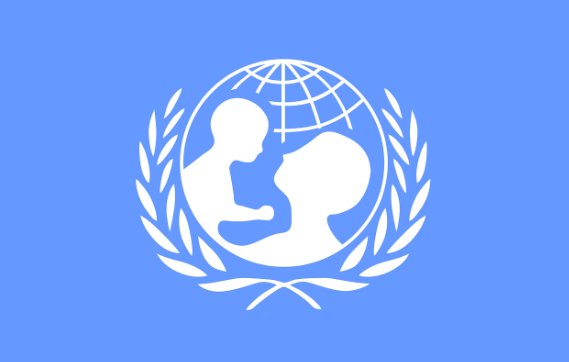UNICEF has recently announced a substantial commitment of one billion dollars aimed at addressing the alarming rise in teenage pregnancies in Nigeria. This move comes in response to the increasing number of adolescent girls becoming mothers before the age of 18, signaling a pressing health crisis that demands urgent and comprehensive intervention from the Nigerian government at all levels.
Eduardo Celades, the Chief of Health at UNICEF Nigeria, highlighted the gravity of the situation, emphasizing that one in 10 girls in Nigeria is projected to become a mother before reaching the age of 18. The impact is particularly pronounced in the North Central and North-West regions, where a staggering 50 percent of young girls, especially in states like Bauchi and Gombe, are expected to have a child by the age of 18. This dire statistic underscores the urgent need for targeted efforts to address this issue in specific regions.
Celades also pointed out that half of adolescent girls in the country are unlikely to complete secondary school, with a significant 43 percent already married. Of concern is the fact that a considerable portion of these married girls have partners older than them, which can severely impact their decision-making autonomy. The implications of early pregnancies extend beyond education and marriage, affecting various aspects of these young girls’ lives.

Recognizing the severity of the crisis, UNICEF, in collaboration with the UN, has committed a substantial one billion dollars in investment in Nigeria over the next five years. This financial commitment reflects the recognition of the multifaceted challenges faced by adolescent girls and underscores the importance of a comprehensive and sustained approach to address the root causes of teenage pregnancies.
In addition to addressing teenage pregnancies, Celades highlighted the need to focus on mental health concerns among the youth, with approximately 10 percent of the population affected. This broader perspective acknowledges that the crisis extends beyond substance abuse, encompassing issues such as mental health, insecurity, malnutrition, and climate change. By addressing these interconnected challenges, UNICEF aims to create a holistic framework that supports the overall well-being and development of the adolescent population in Nigeria.
The adolescent period is a critical phase of life development during which individuals navigate the complex path from childhood to adulthood. The health and social approaches adopted during this crucial time significantly shape the potential and contributions of each individual to national development. Recognizing the importance of investing in the well-being of adolescents, UNICEF’s commitment aligns with the broader goal of ensuring that young people can reach their full potential and make meaningful contributions to society.
Globally, approximately 21 million girls aged 15-19 years become pregnant each year, and the prevalence of teenage pregnancies is particularly high, at 95%, in low- and middle-income countries. In the Nigerian context, teenage pregnancies are more common among women with low socioeconomic status, according to the National Population Commission, which reports that 23% of girls aged 15-19 years have already started bearing children.
The prevalence of teenage pregnancies not only poses immediate health risks for young mothers but also has long-term implications for the social and economic development of the affected regions. Early pregnancies often lead to disrupted education, limited economic opportunities, and increased vulnerability to health complications for both mother and child. Therefore, UNICEF’s substantial investment in Nigeria signifies a critical step towards mitigating the impact of teenage pregnancies and creating a more supportive environment for the country’s adolescent population.
In conclusion, UNICEF’s commitment of one billion dollars to address teenage pregnancies in Nigeria reflects a recognition of the urgent need for comprehensive intervention to tackle the complex challenges faced by adolescent girls. By focusing on specific regions with high prevalence rates and addressing interconnected issues such as mental health, insecurity, malnutrition, and climate change, UNICEF aims to create a holistic approach that fosters the well-being and development of Nigeria’s youth. This substantial investment not only signifies a financial commitment but also emphasizes the importance of a sustained and collaborative effort to create lasting positive change for the country’s adolescent population.
Support InfoStride News' Credible Journalism: Only credible journalism can guarantee a fair, accountable and transparent society, including democracy and government. It involves a lot of efforts and money. We need your support. Click here to Donate
